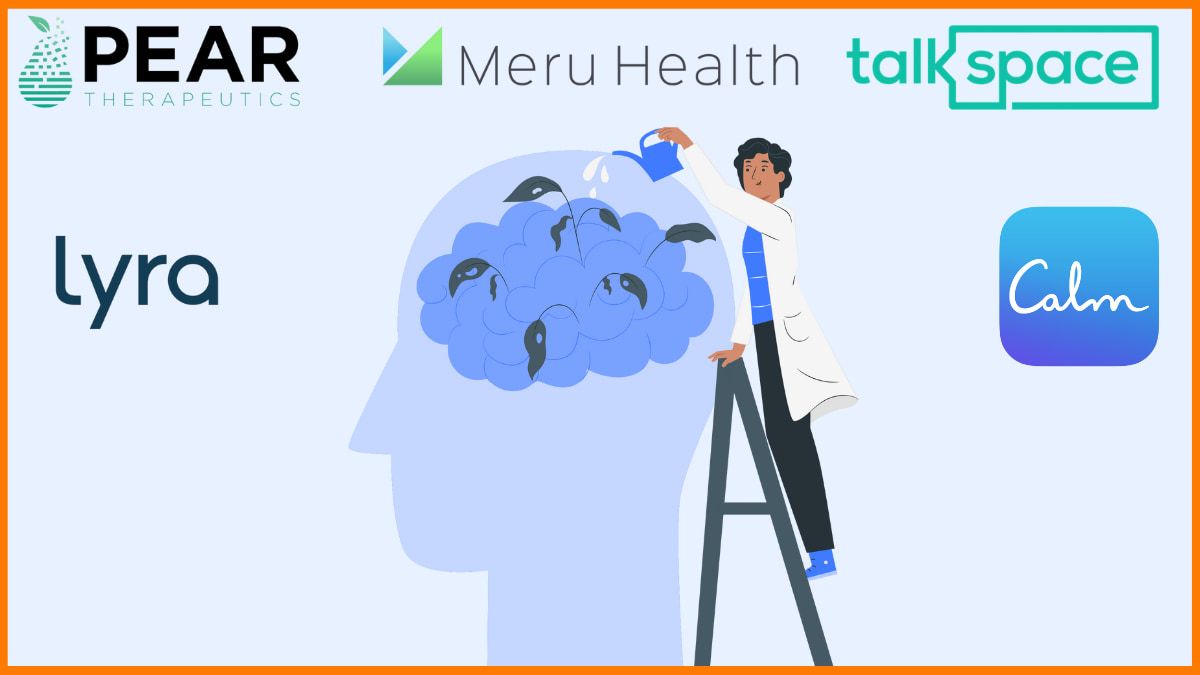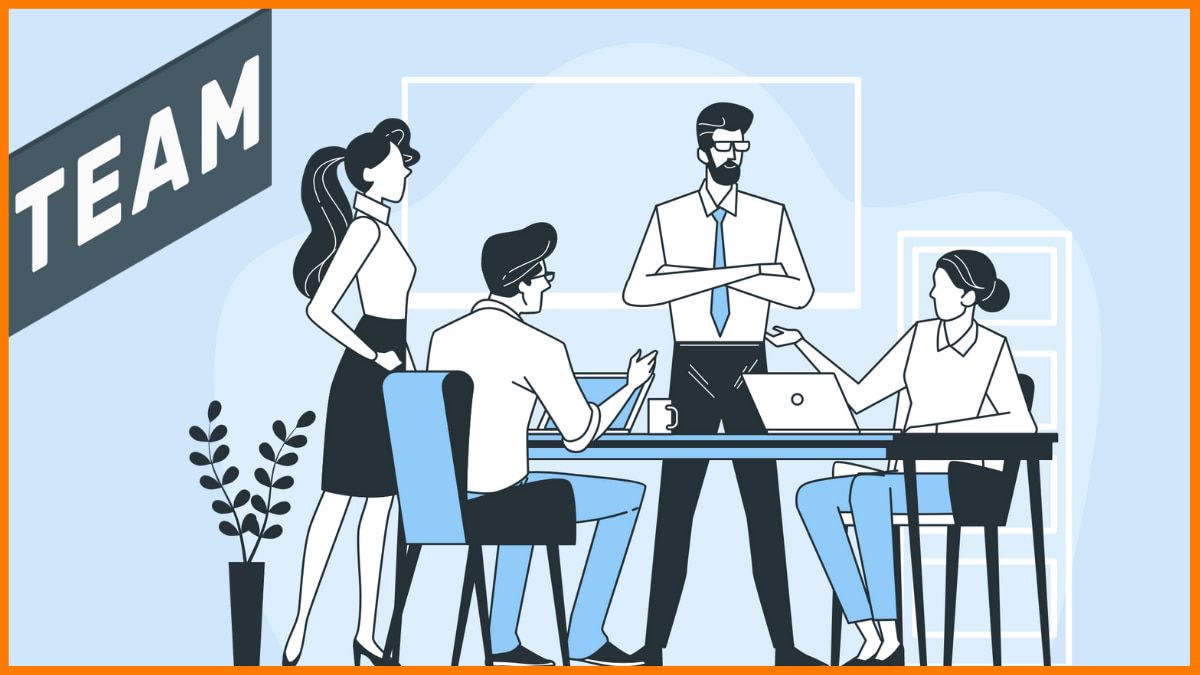Srishti Srivastava, an alumnus of the Indian Institute of Technology, Bombay, and Founder and CEO of Infiheal, established the company to revolutionize mental health care. On Engineer’s Day, we spotlight her journey from engineering to entrepreneurship, driven by her struggles with social anxiety. She developed HEALO, an AI-powered mental health companion that provides 24/7 support. Combining advanced AI technology with her expertise in psychology, Srivastava’s innovative platform addresses key challenges like affordability, accessibility, and stigma, making mental health care more inclusive and accessible for all.
StartupTalky: What motivated your move from engineering to entrepreneurship, and what key steps did you take to start Infiheal?
Ms. Srivastava: My transition from engineering to entrepreneurship was motivated by a personal need and a desire to address gaps in mental health care. As someone who is neurodivergent and has struggled with social anxiety all my life, lack of awareness and stigma around the topic made it hard for me to even share what I was going through even to my loved ones. I sought a solution that would allow me to work on my mental health independently, without relying solely on traditional therapy appointments. Something that I could access anytime I felt anxious.
I found traditional mental health solutions often have limitations such as high costs, accessibility issues, and variability in the quality of care. When I couldn’t find a suitable solution that met my needs, I decided to create one myself.
Turns out that I wasn’t alone in facing these challenges—over 150 million people in India and 500 million people globally encounter difficulties in accessing mental health care due to stigma, accessibility issues, and affordability concerns.
To address these issues, I engaged with over 1,000 mental health professionals and conducted surveys with our mental health community, which includes 70,000 followers. I also consulted with government bodies, gaining crucial validation and support, including recognition from Prime Minister Narendra Modi.
Despite my engineering background from the Indian Institute of Technology, Bombay, my passion for psychology drove me to study various personality systems and earn certifications in counseling and therapy. My co-founder, Utkarsh, has a CS Master’s from Boston University and shares similar struggles with social anxiety, so we combined our technical expertise and personal insights to develop HEALO—an AI-powered mental health companion and co-therapist that is both innovative and empathetic. HEALO offers an end-to-end solution, addressing a broad range of mental health issues. It facilitates everything from initiating conversations and forming healthy habits to matching individuals with therapists based on their unique personalities and needs.
StartupTalky: Why did you choose the mental healthcare industry, and what trends or opportunities do you see shaping its future?
Ms. Srivastava: Driven by my academic background in psychology and personal mental health experiences, I chose to enter this industry. I noticed significant gaps in the Healthtech space: a lack of involvement from mental health professionals, which resulted in less personalized care, and limited use of AI in existing solutions.
By bringing together a shared vision and diverse talents—from mental health professionals to tech experts—I was able to explore new ways to develop products and services that address these gaps in the market, turning them into opportunities for growth and innovation.
AI-driven solutions that can deliver more personalized & scalable mental health care. These tools offer real-time support to bridge the gap between therapy sessions and provide mental health resources on-demand at any time of day or night.
The increased interest in teletherapy and virtual care is also a very important trend, which has been accelerated by the COVID-19 pandemic. It also has made mental health services more available, especially in rural or underserved areas. More focus on the prevention of mental health is also part of this trend, too — apps, chatbots, and digital platforms for example can offer support before issues peak.
Similarly, there are clear opportunities relative to stigma reduction. While society is still a long way from treating mental health on par with physical health, the more public conversation around it — led in part by social media and celebrities who de-stigmatize their issues— means that many people are seeking treatment for it. This allows for new mental health solutions that work across a demographic spectrum, including neurodiverse and those battling social anxiety or depression. And, personalized care via deep data insights is an absolute must. However, as technology progresses there is an opportunity to use personal data in a way that respects the user and allows for more personalized interventions that match individual needs — ultimately creating better bad news communication.
Finances have also always been a barrier, but reductions in technology costs and the possibility of scaling therapies may help make mental healthcare more affordable for patients all around the world. This suggests a future where holistic, personalized mental health care becomes the norm and removes many barriers to access that have historically existed.

StartupTalky: What does Infiheal do, and what real-world problem does your technology solve?
Ms. Srivastava: HEALO is an innovative solution designed to tackle significant challenges in mental health care. Traditional therapy often suffers from long wait times due to high demand and a shortage of professionals, but HEALO offers immediate, 24/7 support through its AI therapist, ensuring that users can access help whenever they need it.
Accessibility is another major issue, especially in regions with limited mental health resources; HEALO bridges this gap by providing support to anyone with an internet connection, making mental health care more universally available. Affordability is also a critical concern, as professional therapy can be prohibitively expensive for many.
HEALO addresses this by offering a more cost-effective alternative, broadening access without sacrificing quality. Additionally, the stigma surrounding mental health can deter individuals from seeking help; HEALO’s anonymous platform helps reduce this barrier, allowing users to seek support discreetly.
The AI therapist is trained on a proprietary dataset of over 100,000 therapy sessions, covering a wide range of issues from everyday challenges like low self-esteem and public speaking to more severe clinical disorders, sexual disorders, disabilities, and crisis situations. Developed with input from clinical psychologists, psychiatrists, doctors, special educators, and counseling psychologists, HEALO is grounded in expert knowledge and best practices, providing a comprehensive and effective tool for addressing the global mental health crisis.
StartupTalky: Tell us about the core technology behind Infiheal’s products or services, and how it stands out from others in the market.
Ms. Srivastava: The core technology behind our product integrates advanced AI, notably Transformers and OpenAI models, to power intelligent systems like bots. For efficient data retrieval and personalization, we leverage Qdrant and Faiss in conjunction with neural networks. On the backend, we employ Python and FastAPI to build REST APIs, while dynamic web interfaces are developed using ReactJS, Angular, and the MERN stack. Deployment is managed through AWS, ECS, and Docker, with infrastructure scalability handled by Terraform and Azure. This robust tech stack enables us to deliver personalized, scalable solutions distinguished by high performance and user-centric design.
What sets Healo apart is its highly personalized, adaptive support that evolves with users throughout their mental health journey.
Unlike rigid, rule-based systems present in the market, Healo utilizes one of the largest proprietary, real-time domain-specific datasets curated by therapists and psychologists. This dataset covers over 20 modalities and various APIs based on risk profiles. Coupled with custom-designed Retrieval-Augmented Generation (RAG), Healo delivers a dynamic and deeply personalized therapy-like experience.
Healo also features a three-layer moderation system that identifies and redirects severe cases, such as suicidal ideation and self-harm, to appropriate distress helplines—a critical aspect that differentiates it from other GenAI bots.
Incorporating cutting-edge research from psychoneuroimmunology and epigenetics, Healo provides actionable insights that bridge the mind-body connection. This approach is grounded in therapeutic modalities, developed in close collaboration with clinical and counseling psychologists, to address diverse user needs.
Additionally, Healo addresses a broad spectrum of issues, including mental, physical, and sexual health, offering a truly holistic approach. Despite its advanced features and personalization, Healo remains one of the most affordable options available, making it a superior choice for dynamic, individualized mental health support.
StartupTalky: How did you secure your initial customers, and what strategies worked best to gain their trust and business?
Ms. Srivastava: Our initial set of users came through our social media community (70k), mass campaigns (organic reach of 1 million people), and University campus ambassador programs (10k). Then we got a major boost when we got a shoutout from The Honorable Prime Minister of India Mr. Narendra Modi who mentioned us during his national address. We have beta tested with 25000+ beta testers and a community of over 70k+ in the last 6 months. Most of these users were working professionals or students in the age group of 16-40 going through a difficult patch – heartbreak, loss of job, health anxiety etc. who are now eagerly awaiting the official launch of the product. We also have a community of 1000+ mental health professionals who are endorsing Healo and have been onboarded on the platform. We have recorded over 300k+ therapy sessions.
After completing beta testing and our clinical trials, we are preparing for our official launch next month. We’ve introduced subscription plans for our Healo AI therapist last week, and users are currently in a three-week free trial phase. Paid subscriptions for the AI therapist and psychometric tests are expected to start soon.
Our biggest deal yet is with the Ministry of Social Justice and Empowerment, Government of India, where they will be providing Healo to persons with disabilities and their caregivers that’s expected to reach 100000 users helping us get to a projected revenue of $300000.
StartupTalky: What were the main challenges you faced early on, and how did you overcome them?
Ms. Srivastava: The main challenges we faced early on were raising awareness, incorporating research and industry-backed insights, and ensuring the affordability of our solution.
The mental health field requires a significant boost in awareness, coupled with efforts to improve accessibility and acceptance. Recognizing and understanding emotions is a task that society has only recently begun to embrace, and overcoming entrenched stigmas remains an ongoing struggle. It was important for us to develop a platform that people can trust and are comfortable to use without having any fear of judgment.
Another significant challenge was balancing the role of technology with human expertise. While AI presents a revolutionary opportunity for mental health care, we aimed to ensure that HEALO complemented, rather than replaced, the work of mental health professionals. Our goal was to develop a platform that was not only technologically advanced but also empathetic, inclusive, and user-friendly. HEALO is designed as a judgment-free companion that provides real-time support, extending care beyond scheduled therapy sessions and integrating seamlessly with professional practices.
Another challenge we faced was scalability. We wanted to offer an affordable solution that could reach people across all backgrounds which required a robust AI Model capable of handling nuances of mental health conversations.
To address these challenges, we focused on creating a tool that offers a more accessible, affordable, and stigma-free approach to mental health care. By combining technological innovation with professional insights, we aimed to make mental health support scalable and effective, ultimately enhancing both the reach and quality of care available to individuals in need.
StartupTalky: What tools or software are key to your business operations, and how do they help improve efficiency?
Ms. Srivastava: Our approach to applying AI in mental health combines expert-vetted data with cutting-edge large language models (LLMs) from OpenAI. We use vector databases like Qdrant for precise context search and retrieval, supported by a custom Retrieval Augmented Generation (RAG) framework. Our dataset, which includes over 300,000 user conversations, is continually refined to enhance response accuracy. To optimize both cost and performance, we are developing an in-house language model by fine-tuning open-source LLMs. This comprehensive strategy allows us to deliver highly personalized mental health solutions through a combination of curated datasets, advanced retrieval methods, and sophisticated classification techniques.









































